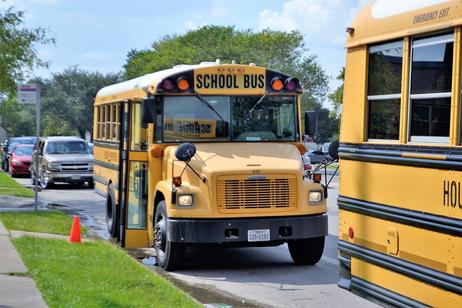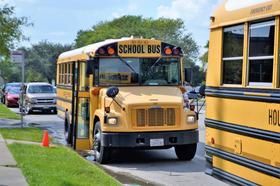How Are Public Schools in the United States Actually Doing?
Introduction
Public schools educate nearly 90% of American children, making them a cornerstone of the nation’s future. Yet parents, policymakers, and educators often ask the same pressing question: How are U.S. public schools really doing? This 2025 update reviews the latest enrollment data, academic performance, funding challenges, and reforms shaping the K–12 landscape.
Enrollment and Demographics in 2025
According to the NCES Condition of Education 2025 report, total U.S. public school enrollment stands at 49.5 million students, continuing a slow decline since the pandemic peak of 2020. The student population is now:
46% White
28% Hispanic
15% Black
6% Asian
5% Multiracial/Other
Nearly 15% of public school students receive special education services under IDEA, and 10.8% are English learners, highlighting the growing demand for inclusive and multilingual support.
Families comparing options often look at class sizes and student-teacher ratios. In 2025, the national average is 15:1, though states vary significantly. Parents interested in comparing public and private school ratios can explore detailed breakdowns on PublicSchoolReview.com.
Academic Performance and Accountability
The latest National Assessment of Educational Progress (NAEP) shows mixed results. While math and reading scores in 2025 improved slightly from their 2022 lows, they remain below pre-pandemic levels.
Fourth-grade math: modest rebound, but still 5 points lower than 2019.
Eighth-grade reading: stagnated, with large gaps between student groups.
STEM programs are expanding, with 42 states adopting updated computer science standards.
Graduation rates remain relatively strong: the national adjusted cohort graduation rate (ACGR) is 86%, though disparities persist by race and income.
Funding and Equity Challenges
Public school funding continues to vary widely across districts. The national average per-pupil expenditure in 2025 is $16,200, up from $14,300 in 2020, but still unevenly distributed. Wealthier suburban districts often outspend high-poverty urban and rural schools by thousands per student.
Debates over school funding have intensified in 2025 as states weigh the balance between property-tax-based funding and federal/state equalization. Parents exploring school quality should also review how funding disparities impact outcomes, which we cover in detail on CommunityCollegeReview.com when examining long-term student success.
Policy Shifts and Reform Efforts
Education reform in 2025 is focused on three major themes:
Learning Recovery: Districts continue to invest federal ESSER funds into tutoring, summer programs, and extended learning time.
School Choice Expansion: At least 20 states now operate education savings accounts or expanded voucher programs, further blurring lines between public and private school access. (See comparative models at PrivateSchoolReview.com).
Mental Health Supports: Over 70% of public schools now employ at least one full-time mental health professional, a significant rise since 2019.
Looking Ahead: Are Public Schools Meeting the Challenge?
So, how are public schools actually doing?
The answer is nuanced. U.S. public schools in 2025 are:
More diverse than ever.
Recovering academically but still below pre-pandemic levels.
Struggling with funding inequities.
Adapting through policy innovation and student support programs.
While challenges remain, millions of families continue to rely on the public school system to provide accessible, community-centered education. By staying informed and engaged, parents and educators alike can help ensure schools not only recover but thrive in the years ahead.














